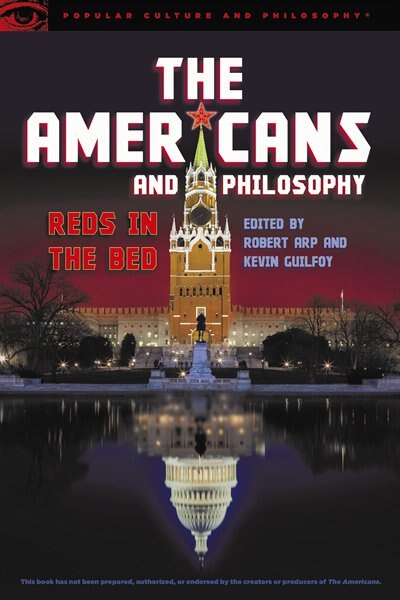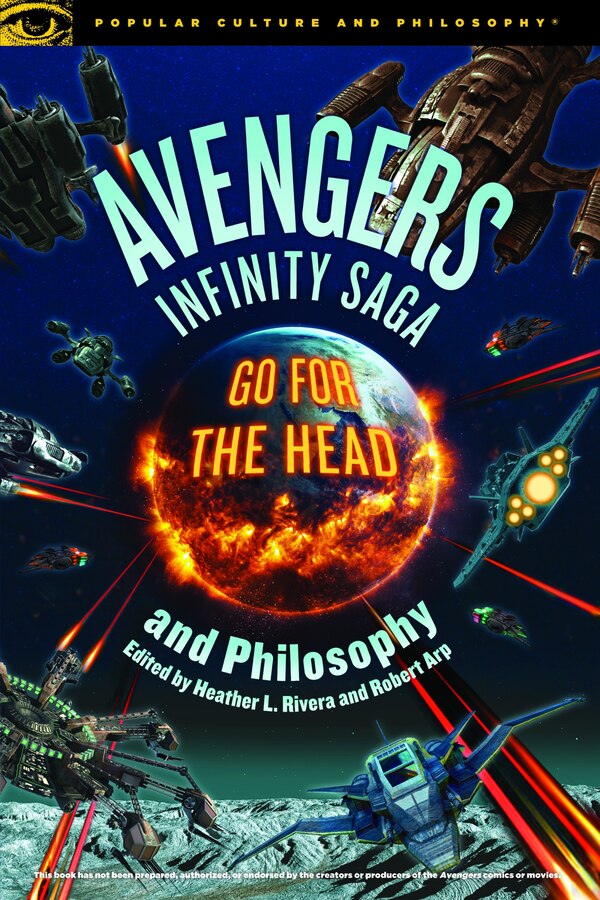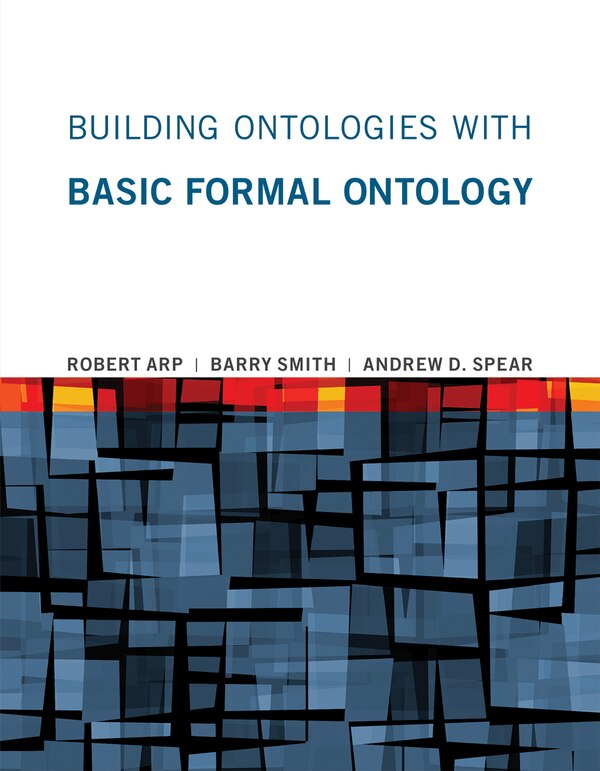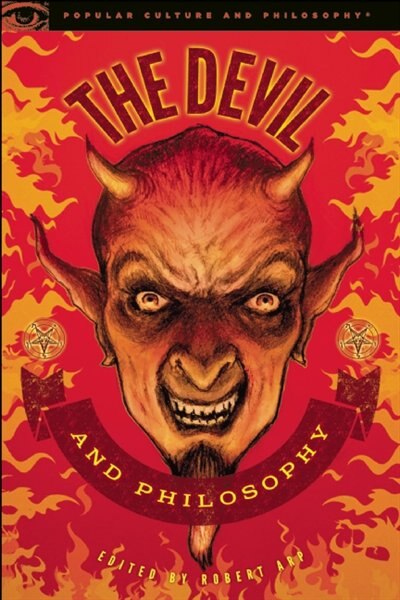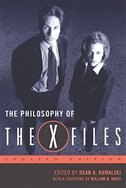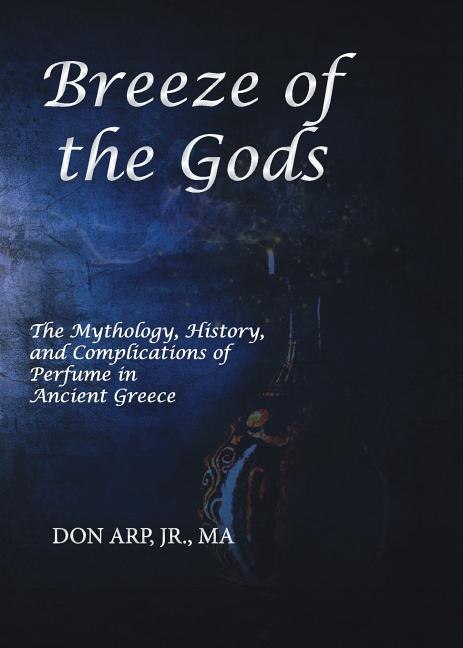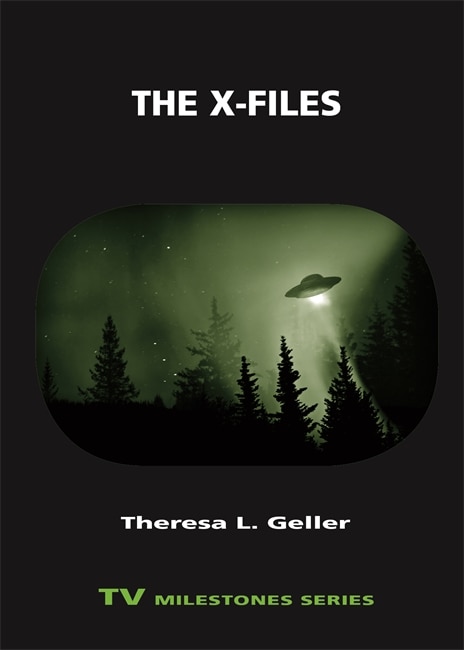
Gifting Made Simple
Give the Gift of ChoiceClick below to purchase a Bramalea City Centre eGift Card that can be used at participating retailers at Bramalea City Centre.Purchase HereHome
The X-files And Philosophy by Robert Arp, Paperback | Indigo Chapters
Coles
Loading Inventory...
The X-files And Philosophy by Robert Arp, Paperback | Indigo Chapters in Brampton, ON
From Robert Arp
Current price: $57.50

Coles
The X-files And Philosophy by Robert Arp, Paperback | Indigo Chapters in Brampton, ON
From Robert Arp
Current price: $57.50
Loading Inventory...
Size: 0.77 x 9 x 490
*Product information may vary - to confirm product availability, pricing, and additional information please contact Coles
InThe X-Files and Philosophy, thirty-six fearless philosophers seek for the truth which is out there, in here, at least somewhere, or (as the postmodernists claim) nowhere. One big issue is whether the weird and unexplained happenings, including the existence of entities unknown to traditional science, might really exist. And if they did, what would be the proper way to behave towards them? Some of these entities seem to flout conventional laws of nature-but perhaps we need to allow for different, as yet undiscovered, laws. If such fabulous entities really exist, what do we owe them? And if they don't exist, why do we imagine they do? InThe X-Files, regular science is represented by Scully and usually turns out to be wrong, while open-minded credulity or pseudoscience is represented by Mulder and usually turns out to be right, or at least somehow on the right track. Scully demands objective, repeatable evidence, and she usually gets it, with Mulder's help, in astounding and unwelcome ways. What lessons should we take from the finding ofThe X-Files that respectable science is nearly always wrong and outrageous speculative imagination nearly always right? InThe X-Files and Philosophy, thirty-six fearless philosophers seek for the truth which is out there, in here, at least somewhere, or (as the postmodernists claim) nowhere. One big issue is whether the weird and unexplained happenings, including the existence of entities unknown to traditional science, might really exist. And if they did, what would be the proper way to behave towards them? Some of these entities seem to flout conventional laws of nature-but perhaps we need to allow for different, as yet undiscovered, laws. If such fabulous entities really exist, what do we owe them? And if they don't exist, why do we imagine they do? InThe X-Files, regular science is represented by Scully and usually turns out to be wrong, while open-minded credulity or pseudoscience is represented by Mulder and usually turns out to be right, or at least somehow on the right track. Scully demands objective, repeatable evidence, and she usually gets it, with Mulder's help, in astounding and unwelcome ways. What lessons should we take from the finding ofThe X-Files that respectable science is nearly always wrong and outrageous speculative imagination nearly always right? | The X-files And Philosophy by Robert Arp, Paperback | Indigo Chapters
InThe X-Files and Philosophy, thirty-six fearless philosophers seek for the truth which is out there, in here, at least somewhere, or (as the postmodernists claim) nowhere. One big issue is whether the weird and unexplained happenings, including the existence of entities unknown to traditional science, might really exist. And if they did, what would be the proper way to behave towards them? Some of these entities seem to flout conventional laws of nature-but perhaps we need to allow for different, as yet undiscovered, laws. If such fabulous entities really exist, what do we owe them? And if they don't exist, why do we imagine they do? InThe X-Files, regular science is represented by Scully and usually turns out to be wrong, while open-minded credulity or pseudoscience is represented by Mulder and usually turns out to be right, or at least somehow on the right track. Scully demands objective, repeatable evidence, and she usually gets it, with Mulder's help, in astounding and unwelcome ways. What lessons should we take from the finding ofThe X-Files that respectable science is nearly always wrong and outrageous speculative imagination nearly always right? InThe X-Files and Philosophy, thirty-six fearless philosophers seek for the truth which is out there, in here, at least somewhere, or (as the postmodernists claim) nowhere. One big issue is whether the weird and unexplained happenings, including the existence of entities unknown to traditional science, might really exist. And if they did, what would be the proper way to behave towards them? Some of these entities seem to flout conventional laws of nature-but perhaps we need to allow for different, as yet undiscovered, laws. If such fabulous entities really exist, what do we owe them? And if they don't exist, why do we imagine they do? InThe X-Files, regular science is represented by Scully and usually turns out to be wrong, while open-minded credulity or pseudoscience is represented by Mulder and usually turns out to be right, or at least somehow on the right track. Scully demands objective, repeatable evidence, and she usually gets it, with Mulder's help, in astounding and unwelcome ways. What lessons should we take from the finding ofThe X-Files that respectable science is nearly always wrong and outrageous speculative imagination nearly always right? | The X-files And Philosophy by Robert Arp, Paperback | Indigo Chapters



